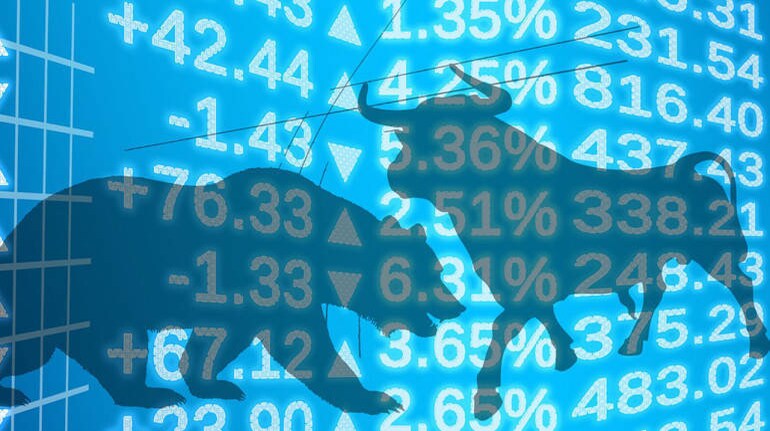



Equities have been rallying hard ever since the US Federal Reserve made its infamous U-turn last December, but doubts have crept in over the past week.
Fed chairman Jerome 'Patient' Powell confirmed his transformation into a turtle dove at the meeting last week, by taking rate hikes off the table this year and saying the balance sheet reduction programme will be on hold from September. But US equity markets have been increasingly uncertain whether they should celebrate or worry about the Fed move. While the dovish tilt is a blessing, the worry is whether Powell knows something bad about the economy that the market doesn’t. The question the markets are grappling with is: should they celebrate the Fed’s capitulation, or should they fear the coming slowdown?
Slowdown fears
US markets plunged again on Friday on these concerns, as the flash Purchasing Managers indices for March for both the Eurozone and the US came in weak. The flash PMI is an early approximation of the full PMI index for the month. The Flash Eurozone Manufacturing index for March came in at a 71-month low, while that for the US was at a 21-month low. The flash PMI for Japanese manufacturing also shows a sustained downturn.
The services sectors in both the US and Europe, however, are doing fine, with their flash PMIs at mere two-month lows and indicating continuing expansion. Some believe the weakness in manufacturing will soon spill over to the services sector too.
The bond markets, however, suffer from no such doubts---they believe a slowdown is in the offing and have behaved accordingly. Ten year US treasury yields are down to 2.44 per cent. Yields on bonds across Europe and Japan fell. Three-month Treasury yields in the US moved higher than the ten-year yield, inverting the yield curve and forecasting a recession.
The consensus so far is that the global economy is slowing, but we won’t get a recession. That’s broadly the message from the PMIs too---the March Flash Composite PMIs, which include both manufacturing and services, for both the US and the Eurozone, signal expansion from the previous month. To be sure, manufacturing is weak, but that is very likely an outcome of the trade wars. A deal between the US and China could well reverse this slowdown.
The impact on India
What will be the effect on India? Fitch Ratings has recently said India’s GDP growth will slow to 6.8 per cent in FY20. In the last month or so, the MSCI India equity index has made up much of its underperformance this year. And Indian equities are by no means cheap.
Even so, purely from a liquidity standpoint, low global growth combined with loose monetary policy implies plenty of money flowing into asset markets, provided there’s no crisis brewing. And, as DBS’s Eugene Leow says, 'With the Fed signalling an extended pause, rate cut bets should build across Asian economies, especially those where real rates are still elevated (Indonesia, India, Philippines, Malaysia).'
But perhaps the best contrarian indicator is that there is no dearth of voices advising caution. Kotak Economic Research’s Upasna Bhardwaj said in a recent report that 'EM economies may not benefit much since the cause of the weaker dollar is weaker growth. Additionally, uncertainties around US-China trade dispute, Brexit, OPEC decisions, cyclical global economic slowdown and the consequent reassessment of policy reactions are expected to keep EMs on the edge.' Such wariness is usually not the sign of a market top.
Discover the latest Business News, Sensex, and Nifty updates. Obtain Personal Finance insights, tax queries, and expert opinions on Moneycontrol or download the Moneycontrol App to stay updated!
Find the best of Al News in one place, specially curated for you every weekend.
Stay on top of the latest tech trends and biggest startup news.